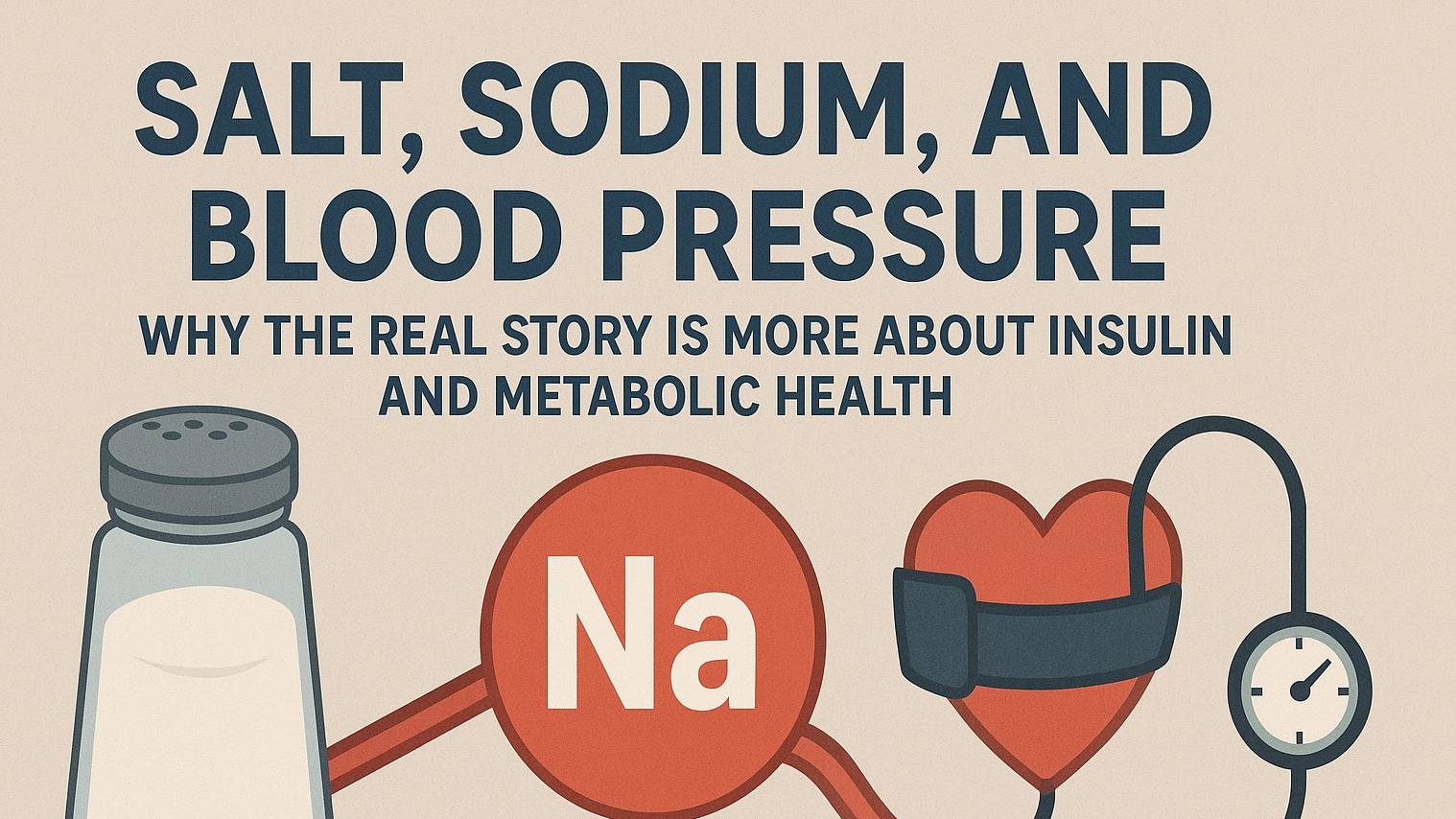
Your body uses water in all its cells, organs, and tissues to help regulate temperature and maintain other bodily functions. Because your body loses water through breathing, sweating, and digestion, it's important to rehydrate by drinking fluids and eating foods that contain water.
Water Helps Create Saliva
Water is a main component of saliva. Saliva also includes small amounts of electrolytes, mucus, and enzymes. It’s essential for breaking down solid food and keeping your mouth healthy.
Your body generally produces enough saliva with regular fluid intake. However, your saliva production may decrease as a result of age or certain medications or therapies.
If your mouth is drier than usual and increasing your water intake isn’t helping, see your doctor.
Water Regulates Your Body Temperature
Staying hydrated is crucial to maintaining your body temperature. Your body loses water through sweat during physical activity and in hot environments.
Your sweat keeps your body cool, but your body temperature will rise if you don’t replenish the water you lose. That’s because your body loses electrolytes and plasma when it’s dehydrated.
If you’re sweating more than usual, make sure you drink plenty of water to avoid dehydration.
Water Protects Tissues, Spinal Cord, and Joints
Water does more than just quench your thirst and regulate your body's temperature; it keeps the tissues in your body moist.
You know how it feels when your eyes, nose, or mouth gets dry? Keeping your body hydrated helps it retain optimum levels of moisture in these sensitive areas, as well as in the blood, bones, and brain. As you can see its critical for your heart, mind and body!
In addition, water helps protect the spinal cord, and it acts as a lubricant and cushion for your joints.
Water Helps Remove Waste From Your Body
Adequate water intake enables your body to excrete waste through perspiration, urination, and defecation. Water helps your kidneys remove waste from your blood and keep the blood vessels that run to your kidneys open and filter them out, according to the National Kidney Foundation.
Water is also important for helping prevent constipation, but is no evidence to prove that increasing your fluid intake will cure constipation. If you have such issues and your water intake is good consult with your physician.
Water Helps With Nutrient Absorption
In addition to helping with food breakdown, water also helps dissolve vitamins, minerals, and other nutrients from your food. It then delivers these vitamin components to the rest of your body for use.
Water is also necessary to help you digest soluble fiber. With the help of water, this fiber turns to gel and slows digestion. As your large intestine absorbs water, stool changes from liquid to solid.
Water Prevents You From Becoming Dehydrated
Your body loses fluids when you engage in vigorous exercise, sweat in high heat, or come down with a fever or contract an illness that causes vomiting or diarrhea, according to the Centers for Disease Control and Prevention.
If you're losing fluids for any of these reasons, it's important to increase your fluid intake so that you can restore your body's natural hydration level.
Water Helps Your Brain Function Optimally
Ever feel foggy headed? Take a sip of water. Research shows that dehydration is a drag to memory, attention, and energy.
It’s no wonder, considering H2O makes up 73% of the brain and heart, 83% of our lungs, and overall 60% of our body. One reason for that foggy-headed feeling? “Adequate electrolyte balance is vital to keeping your body functioning optimally.
Water Keeps Your Cardiovascular System Healthy
Water is a huge part of your blood. Plasma, the pale-yellow liquid portion of your blood, is about 90 percent water. If you become dehydrated, your blood becomes more concentrated, which can lead to an imbalance of the electrolyte minerals such as sodium and potassium.
These electrolytes are necessary for proper muscle and heart function. Dehydration can also lead to lower blood volume, and thus blood pressure, so you may feel light-headed or woozy standing up.
Water Can Help You Eat Healthier
It may be plain, but it’s powerful. In a study of more than 18,300 American adults, people who drank just 1 percent more water a day ate fewer calories and less saturated fat, sugar, sodium, and cholesterol, according to a study published in February 2016 in the Journal of Human Nutrition and Dietetics.
Water may help fill you up, especially if you drink it before eating a meal.
How Much Water Do You Need?
According to the National Academies of Sciences, Engineering, and Medicine, general water intake (from all beverages and foods) that meet most people’s needs are:
- about 15.5 cups of water (125 ounces) each day for men
- about 11.5 cups (91 ounces) daily for women
You’ll have to increase your water intake if you’re exercising or living in a hotter region to avoid dehydration.
Other ways to assess hydration include your thirst and the color of your urine. Feeling thirsty indicates your body is not receiving adequate hydration. Urine that is dark or colored indicates dehydration. Pale or non-colored urine typically indicates proper hydration.
The Bottom Line
Water is important to nearly every part of your body. You will hear over and over on this site about things that are good for your heart, mind body and soul and water is one of the keys. Not only will hitting your daily recommended intake help you maintain your current state of being, it may even improve your overall health.
Here are some ideas for how you can be sure you drink enough:
- Carry a water bottle with you wherever you go. This way you can drink whenever the need strikes.
- Keep track of your intake. Aim to take in optimum amounts every day, a minimum of half your body weight in ounces.
- Pace yourself to approach half of your recommended consumption by midday.
 Add Row
Add Row  Add
Add 










Write A Comment